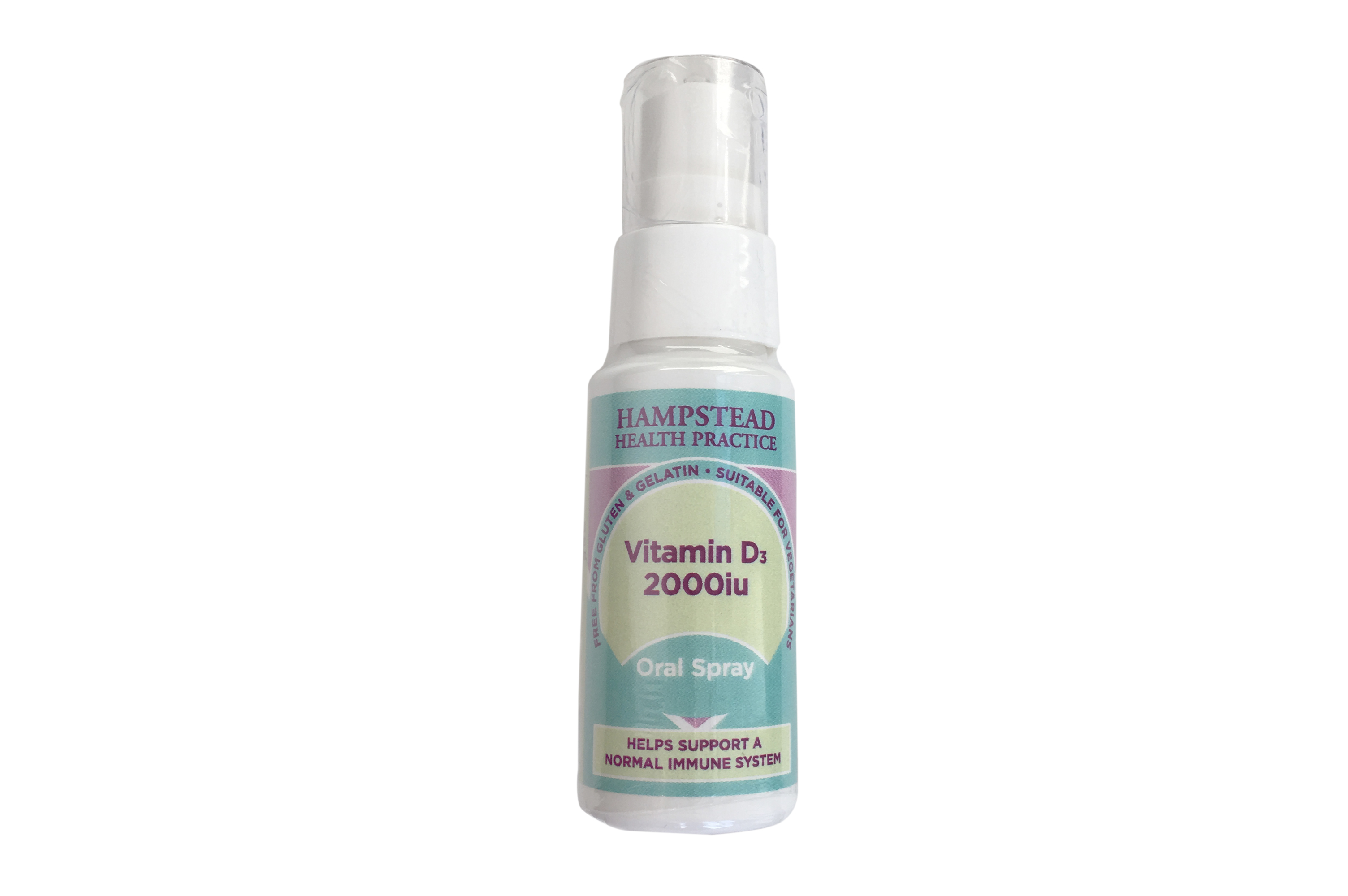What is vitamin D?
Vitamin D is both a nutrient and a hormone that your body makes. Vitamin D is fat soluble and obtained from sunlight, diet, fortified foods or supplements. The sun rays act on the oils of the skin to produce the vitamin which is then absorbed into your body.
What are the benefits of vitamin D?
Vitamin D promotes calcium absorption and helps to control the amount of calcium and phosphate in your body as these are required for keeping your bones, teeth and muscles healthy.
Vitamin D may also help reduce inflammation, increase muscle strength, and support your immune system and your mental health.
Vitamin D is important for good overall health and an important factor in making sure your muscles, heart, lungs, and brain work well.
What may be the symptoms if you are low in vitamin D?
The symptoms are sometimes vague and can include tiredness, general aches and pains, or no symptoms. It can include:
• Bone deformities such as rickets in children • Bone softening disease • Severe tooth decay • Aching bones and weak muscles • Frequent infections
Hampstead Health Practice support
Hampstead Health Practice oral vitamin D3 spray is 2000 IU per spray once a day.
You can tailor make the amount of days that you spray depending on what vitamin D foods you have eaten.
The oral vitamin D3 spray is easy to take. Just spray into your mouth and the taste of mint gives you a fresh breath taste.
Some people will not get enough vitamin D from sunlight because they have very little or no sunshine exposure for example those who work night shifts.
Furthermore, If you live in a city or an environment where there is smog. If you are frail or housebound, are in an institution like a care home, or usually wear clothes that cover up most of your skin when outdoors. If you have dark skin such as African, African Caribbean, or South Asian, you may not be getting enough vitamin D from the sunlight, especially in the UK.
Which foods contain vitamin D?
Vitamin D is present in some foods, fortified foods and available as a dietary supplement. When taken orally, vitamin D3 is absorbed with fats through your intestinal walls. Some foods containing vitamin D include; • oily fish such as mackerel, sardine’s salmon, tuna, and herring • egg yolk • fortified foods and milk • supplements • red meat • formula milk • dairy products.
Here are some examples of vitamin D amounts in food:
1 cup of soy beverage, fortified with vitamin D contains 86IU 1 large egg yolk cooked contains 28-44IU 75g salmon, sockeye/red, canned, (cooked or raw) contains 530-699IU 75g canned mackerel contains 219IU 250 ml goat’s milk, fortified with Vitamin D contains 100IU 250 ml rice, oat, or almond beverage, fortified with vitamin D contains 85-90IU
(IU stands for International units and is a unit commonly used in the measurement of medications, vaccines and vitamins).
The tolerable upper limit for children under one years of age is up to 25mcg per day = 1000IU, from 1-10 years up to 50mcg per day = 2000IU, and 11 years to adult up to 100mcg per day = 4000IU.
Do not exceed any daily recommendations.
Hampstead Health Practice supplements are for general use only. If you are feeling unwell, contact your G.P for advice.

 07850505794
07850505794 info@hampsteadhealthpractice.com
info@hampsteadhealthpractice.com